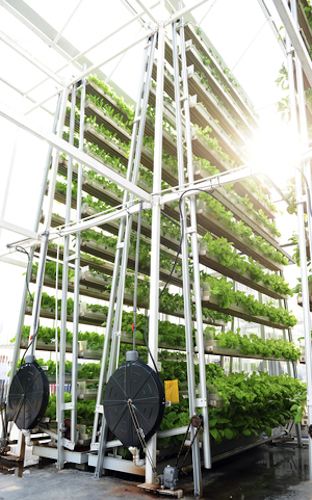 |
| The Cranberry Harvest on the Island of Nantucket, Eastman Johnson, 1880. Courtesy Wikipedia |
Delawareonline is reporting that cranberry growers in the state are becoming nervous about their future prospects becuase they are seeing signs of climate change.
Despite enjoying a near-record, 768 million-pound nationwide harvest in 2012, growers are voicing concern that global warming will sour the industry’s long-term outlook, increasing losses to weather-related blights and fruit rots and tempting more producers to grow the tangy berry offshore.Of course, "offshore" is having the same climate-related problems. But Massachusetts is experiencing problems with earlier spring weather and cranberry growth leaving the plants more vulnerable to frost. And Mass. is pretty focused on cranberries, having maintained a research centre for cranberries at the University of Massachusetts since 1910.
“The growers are at the point where there’s concern that the climate is changing,” said Brian Wick, director of regulatory services for the Cape Cod Cranberry Growers Association. “We are seeing these sort of extremes in weather.”This disruption in growing patterns caused by weather extremes is not, of course, confined to Massachusetts, but is being experienced everywhere. From the American drought to an extended hurricane season, to changes in the monsoon season and populations relying on disappearing rivers, there's a lot happening out there.
[...]
“They’ve noticed over the past several years that we’re dealing with many more extremes,” Wick said.
So far, 2012 has delivered plenty of weather extremes in Delaware, including the hottest spring on record, the third-hottest summer and, through October, the hottest year-to-date by a wide a margin. Along the way, there have been periods of severe drought and intense rain, including Hurricane Sandy’s deluge.But the problem is, is that it is not such a slow process anymore. Those weather extremes in Delaware are already happening. That means that the changes are upon us. The Arctic has lost its summer sea ice cover at least 20 yars before the most pessimistic forecast had it vanishing. Things are speeding up and the future looks bleak. A safe, secure, stable food system is essential for maintaining a safe stable society. Just ask the governments that faced the Arab Spring uprisings. It is also pretty necessary for maintaining life on Earth.
Delaware Agriculture Secretary Ed Kee has remained optimistic.
“Climate change is something that people are talking about, but we think a lot of it can be dealt with genetically,” through development of hardier and more tolerant crops, Kee said. “Climate is changing, but it’s a slow process.”






